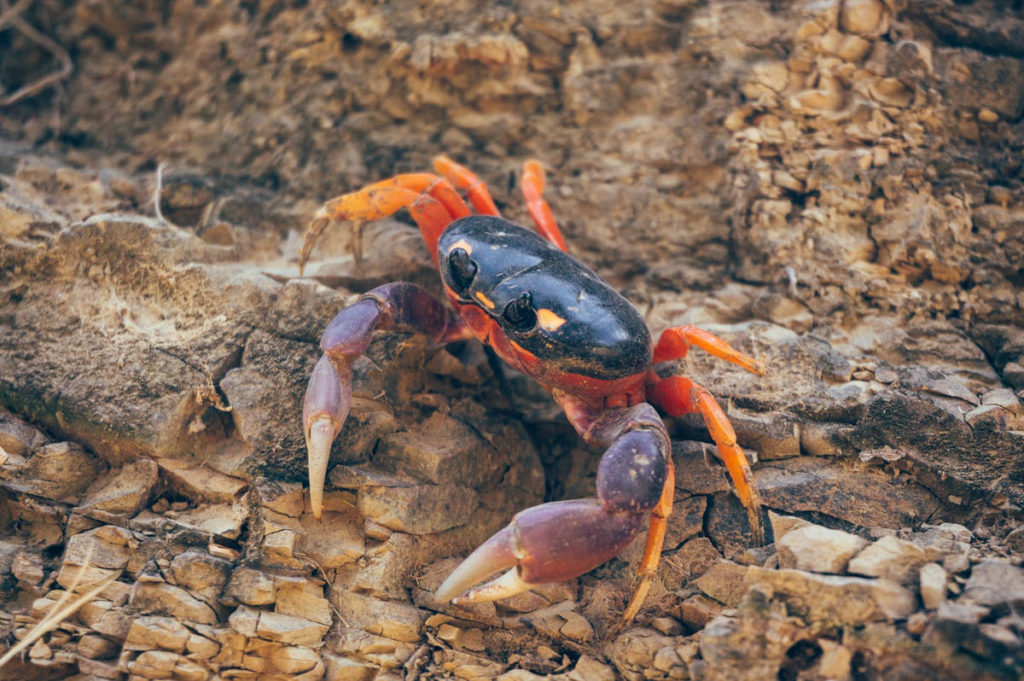Chris Samson and Kian Zhao of Vancouver, British Columbia, spend their days freediving and looking for crab on the ocean floor. They’ve been doing it for some time, but the crustaceans have been harder to come by recently along the British Columbia coast, according to them. They found out why. Chris and Kian were freediving with friends near Vancouver’s Jericho Beach when they noticed a strange line in the water. Chris tugged on it to see where it would take him. and the line led him to one crab trap, which he pursued, leading to a slew of traps. There were no identifiers or locator floats on the traps, as required by law. Samson immediately informed Fisheries and Oceans Canada (DFO) of his discovery.
Fisheries and Oceans Canada (DFO) is in charge of managing Canada’s fisheries and ensuring the safety of its waters. The Canadian Coast Guard is a special operating unit of the Department of Fisheries and Oceans. It is in charge of resources and programs that help to keep Canada’s waterways clean, secure, and accessible. According to Fisheries and Oceans Canada in coastal areas, illegal shellfish sales under the umbrella of recreational fishing is a problem. Illegal shellfish buyers and sellers limit fishing opportunities for legitimate recreational and commercial fishermen by limiting available stock or forcing area closures to reduce illegal activity.

Illegal crab fishing is a problem all along the coast of British Columbia, where poachers set long lines of unmarked traps and retrieve them at night using GPS coordinates. After that, the crabs are either sold on the black or commercial market.
DFO (Department of Fisheries and Oceans) has confiscated illegal traps twice this year, the first in February when they seized 337 traps and the second in May when they grabbed 250 traps.
Poachers can receive a $100,000 fine and possible jail time. Anyone who witnesses or has information about illegal activity should contact the DFO’s Observe, Record, Report Line.






